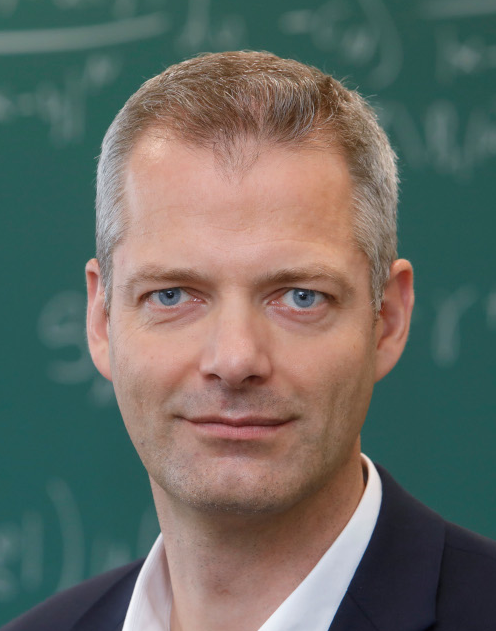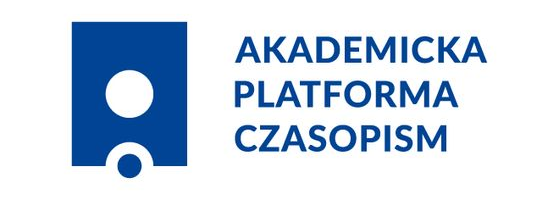Topological Methods in Nonlinear Analysis - quarterly international journal is published by the Juliusz Schauder University Center for Nonlinear Studies at the Nicolaus Copernicus University in Toruń.
ISSN 1230-3429
---------------------------------------------------
We would like to inform you of a recent change in editorial leadership of TMNA. Professor Jean Mawhin, who previously served as Editor-in-Chief, has resigned from the position. It is challenging to express our gratitude to Professor Mawhin for his many years of dedication and significant contributions to TMNA. We are convinced that thanks to Professor Mawhin, the past 20 years have been a prosperous time for our journal.
 We are pleased to announce that Professor Tobias Weth from Goethe University in Frankfurt, Germany, has accepted the role of the new Editor-in-Chief of TMNA. His research interests and substantial scientific contributions include linear and nonlinear PDE, variational, topological, and geometric methods in nonlinear analysis, nonlocal operators and associated boundary value problems, local and nonlocal geometric variational problems, symmetry, and symmetry breaking of solutions to nonlinear boundary value problems.
We are pleased to announce that Professor Tobias Weth from Goethe University in Frankfurt, Germany, has accepted the role of the new Editor-in-Chief of TMNA. His research interests and substantial scientific contributions include linear and nonlinear PDE, variational, topological, and geometric methods in nonlinear analysis, nonlocal operators and associated boundary value problems, local and nonlocal geometric variational problems, symmetry, and symmetry breaking of solutions to nonlinear boundary value problems.
We appreciate Professor Mawhin's contributions and welcome Professor Weth to the new role of Editor-in-Chief of our journal. We look forward to continued success under his guidance.
---------------------------------------------------
TMNA publishes research and survey papers on a wide range of nonlinear analysis, giving preference to those which employ topological methods. Papers in topology which are of interest in nonlinear problems may also be included.
The current impact factors are IF 2022 = 0.700.
The central topics are:
- nonlinear ordinary and partial differential equations and systems, boundary value problems, nonlinear integral equations, equations of mathematical physics;
- differential inclusions, stochastic equations and systems, functional-differential equations, nonlinear analysis methods in discrete mathematics;
- elliptic, parabolic and hyperbolic equations and systems, nonlinear ordinary and partial differential operators, first-order systems,
- Hamilton-Jacobi equations; smooth and topological dynamical systems, flows, dissipativity, ergodicity, nonlinear semigroups; discrete dynamical systems, actions of topological groups with complicated nonlinear dynamics;
- calculus of variations, critical point theory, applications in the theory of differential equations; nonlinear functional and global analysis, equations on manifolds, homotopy methods;
- nonlinear operators and their properties, degree theory, set-valued mappings, topological and metric fixed and periodic point theory;
- convex analysis, game and control theory, optimization, mathematical economics;
- algebraic, computational, applied and differential topology.
Specific areas include the following:
- bifurcation theory, Hopf bifurcation, positive and nodal solutions, periodic solutions, free boundary value problems, heat and wave equations, Schrödinger and Maxwell equations;
- global solutions, finite-time blow up, stability theory, asymptotic behaviour, attractors, invariant manifolds;
- topological and variational methods under the presence of constraints and symmetry;
- theory of topological complexity, abstract and applied homology theory;
- entropy, topological pressure, Hausdorff dimension, notions of mixing;
- symbolic dynamics with emphasis on applications in nonlinear systems;
- vector fields, fixed-point index, measures of noncompactness, Lefschetz and Leray-Schauder theories and their generalizations, Borsuk-Ulam type results, nonlinear spectral theory;
- min-max methods, Lusternik-Schnirelmann and Morse theories, variational problems in physics;
- Navier-Stokes equations, fluid mechanics, liquid crystals, contact mechanics, variational and hemivariational inequalities with applications;
- Markov operators, selections, iterated function systems, algebraic and geometric properties of function spaces, generalized functions;
- Conley index, absolute neighbourhood retracts, Nielsen theory of fixed points, coincidences;
- nonlinear Fredholm and semi-Fredholm operators.



